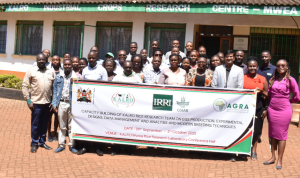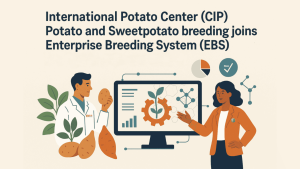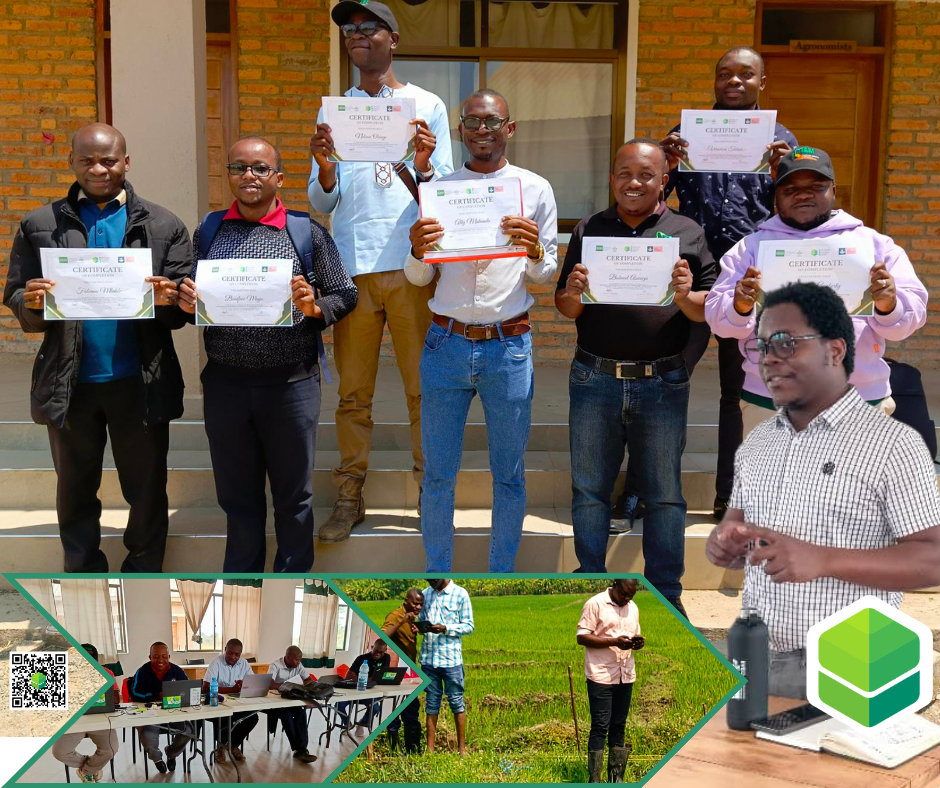
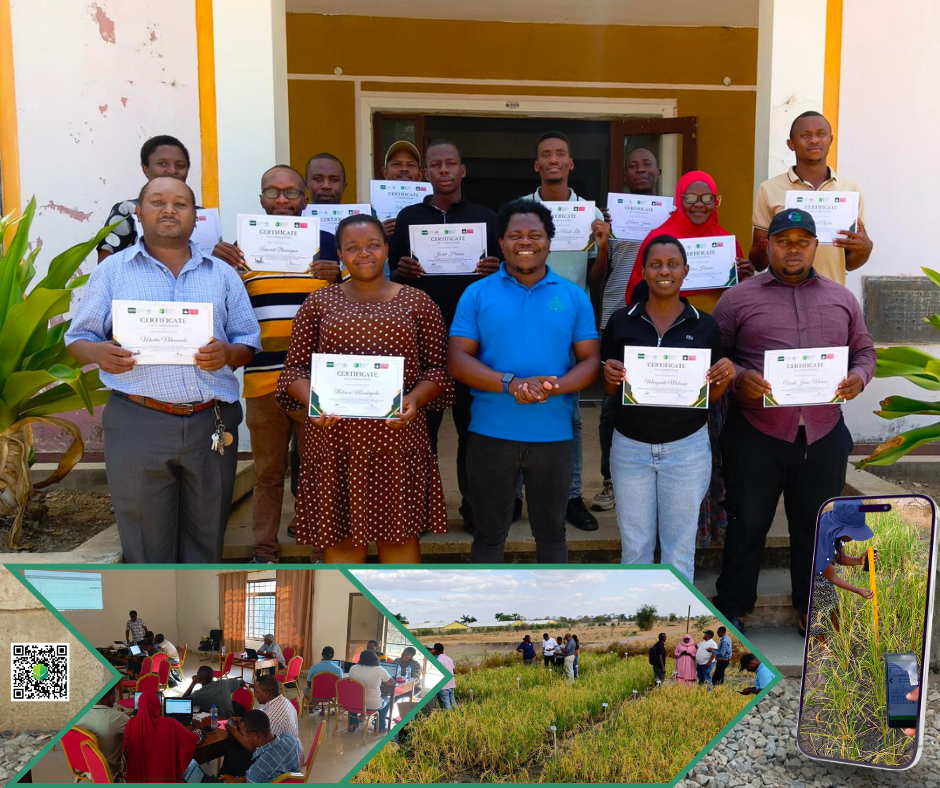
At Uyole, the training brought together 2 representatives from IRRI Tanzania’s Uyole station and 4 representatives from the Tanzania Agricultural Research Institute (TARI). Building on this momentum, the Dakawa session expanded participation, drawing 19 participants from the station.
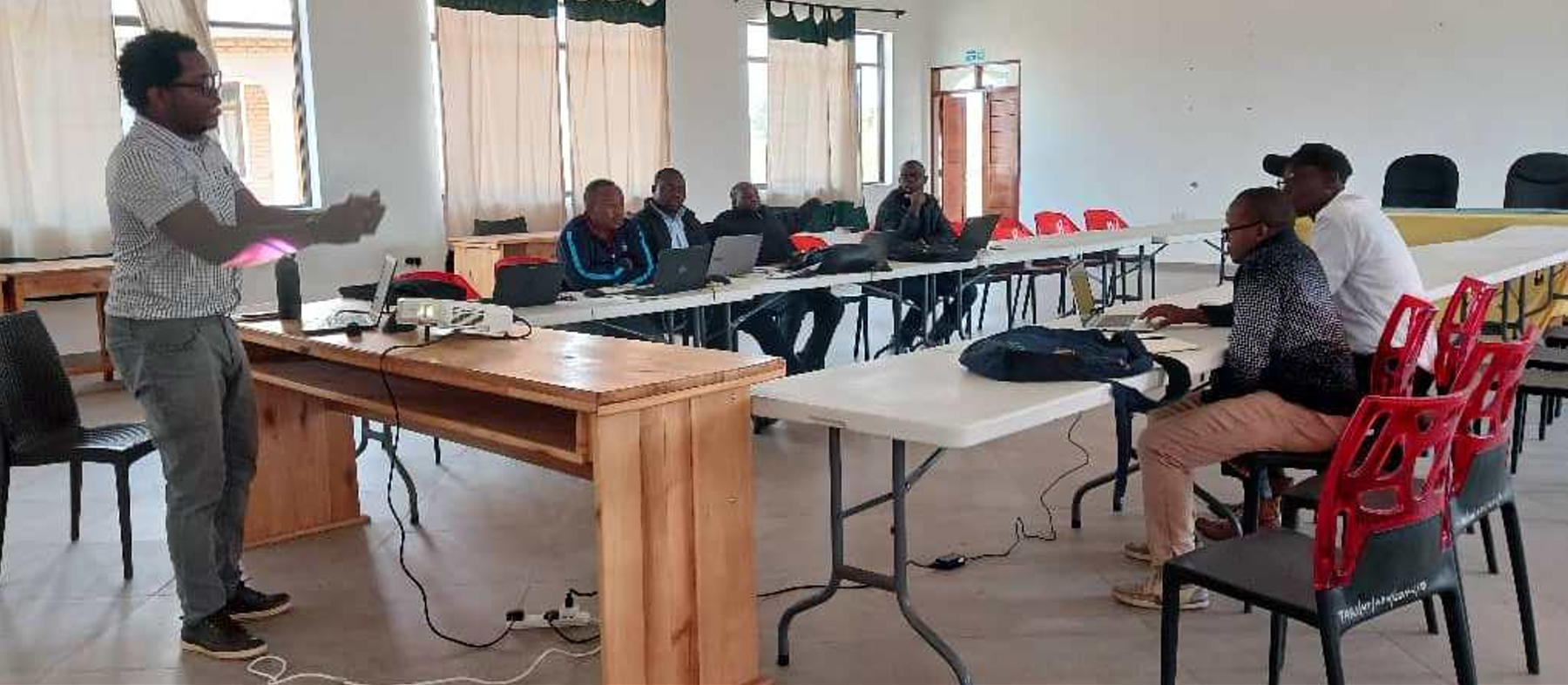
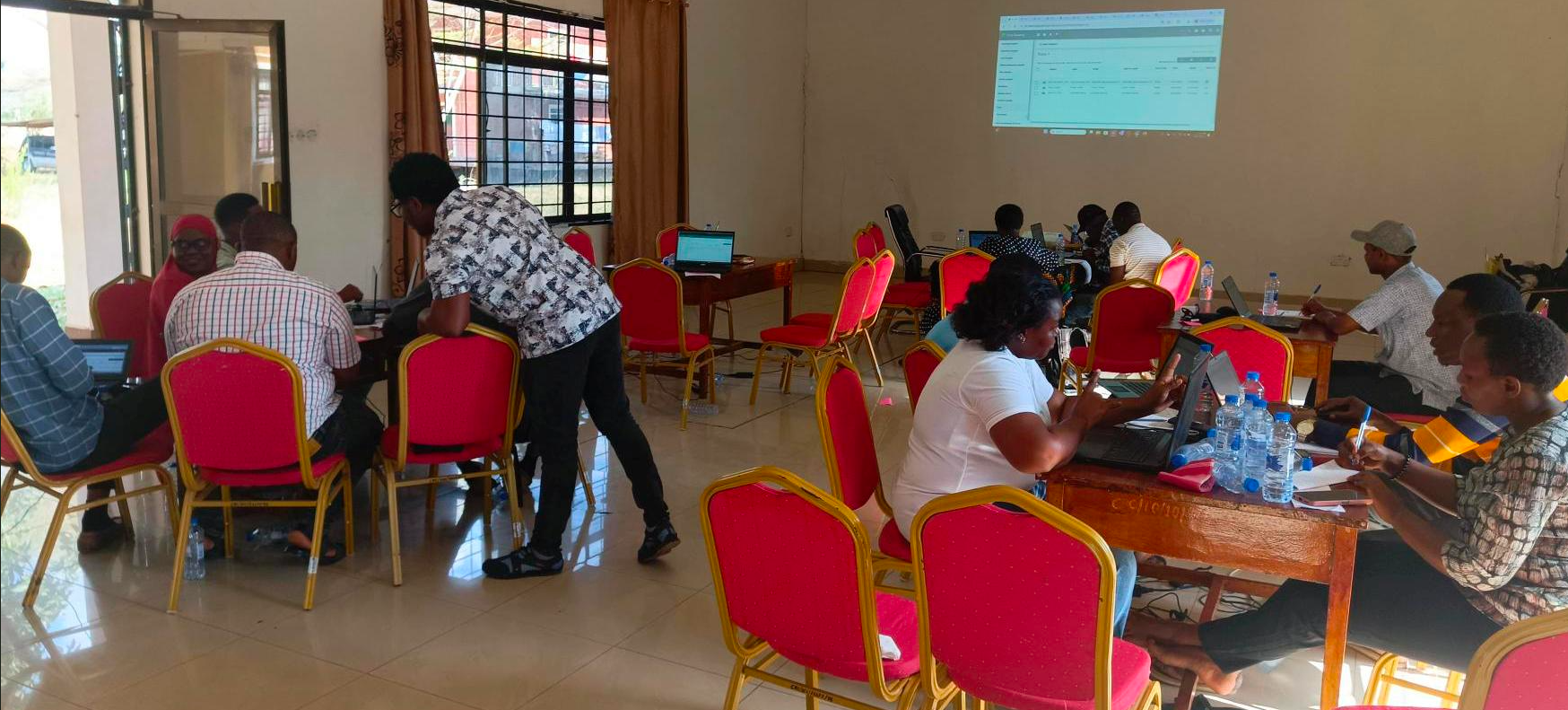
The training focused on occurrence creation and hands-on data collection, ensuring that participants were not only introduced to EBS functionalities but also practiced applying them in real research contexts. This approach significantly boosted users’ confidence, enabling them to navigate the platform more effectively and apply it to their ongoing breeding activities.
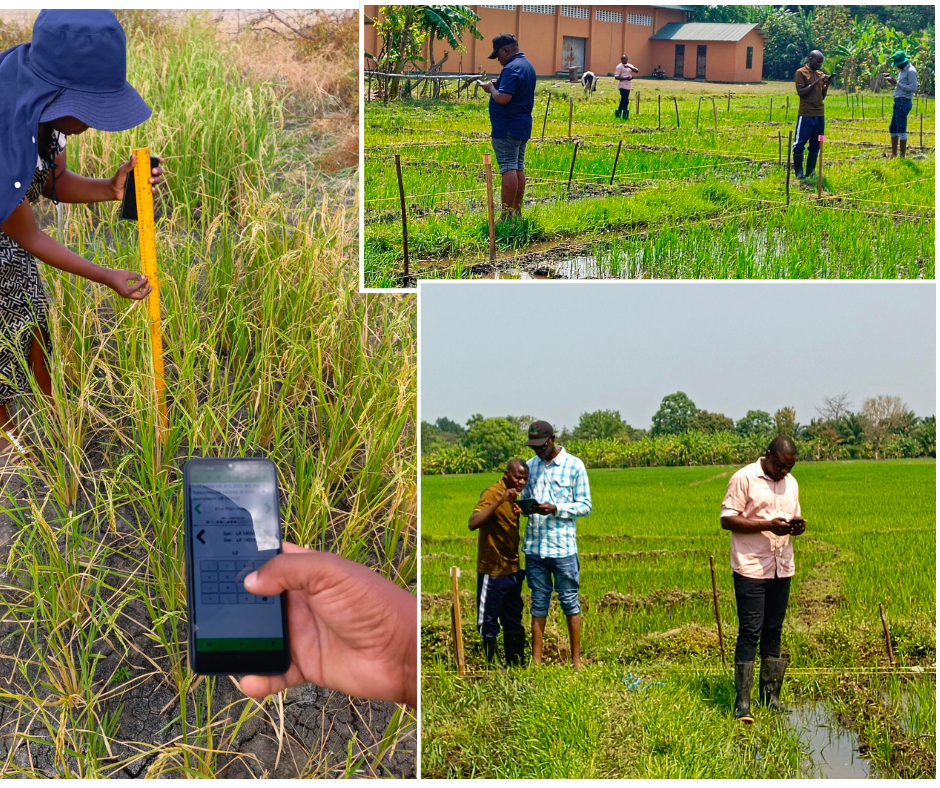
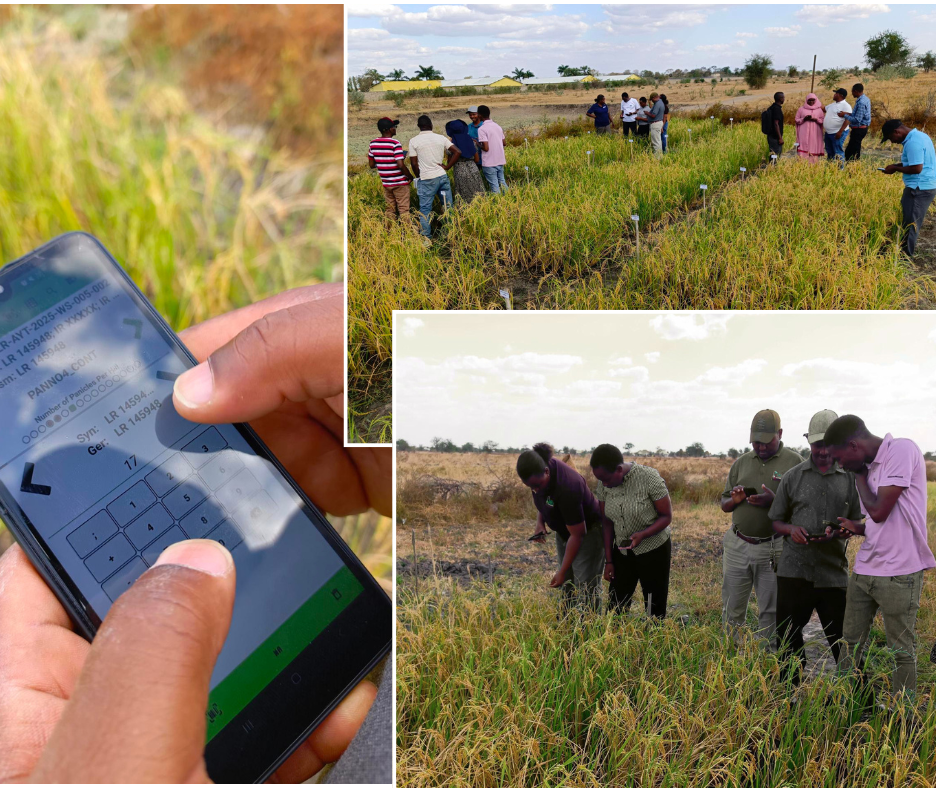
Reflecting on the experience, EBS trainer Michael Gituma noted:

Participants echoed this positive sentiment, sharing that the training was well-received and impactful, with Michael’s expertise and delivery standing out as major strengths. They also highlighted a key challenge: the limited time and depth for practice, suggesting that future sessions could be further enriched by extending opportunities for deeper hands-on learning.
Looking ahead, participants expressed strong interest in more targeted, tool-specific follow-ups—particularly around the use of tablets and EBS procedures—to build on the foundation set during these sessions and accelerate adoption.
By strengthening digital capacity at both Uyole and Dakawa stations, the program contributes to streamlined data management, improved research efficiency, and greater confidence among breeders in using modern digital tools. These efforts form part of IRRI’s broader commitment to collaboration, sustainability, and empowering national research partners with innovations that accelerate breeding progress and deliver long-term benefits.
The journey toward digital transformation in breeding is only beginning. By investing in skills, collaboration, and innovation, IRRI and its partners are laying the foundation for a stronger, more resilient future—where modern tools not only enhance research efficiency but also help deliver better varieties and improved livelihoods for farming communities across Tanzania and beyond.

